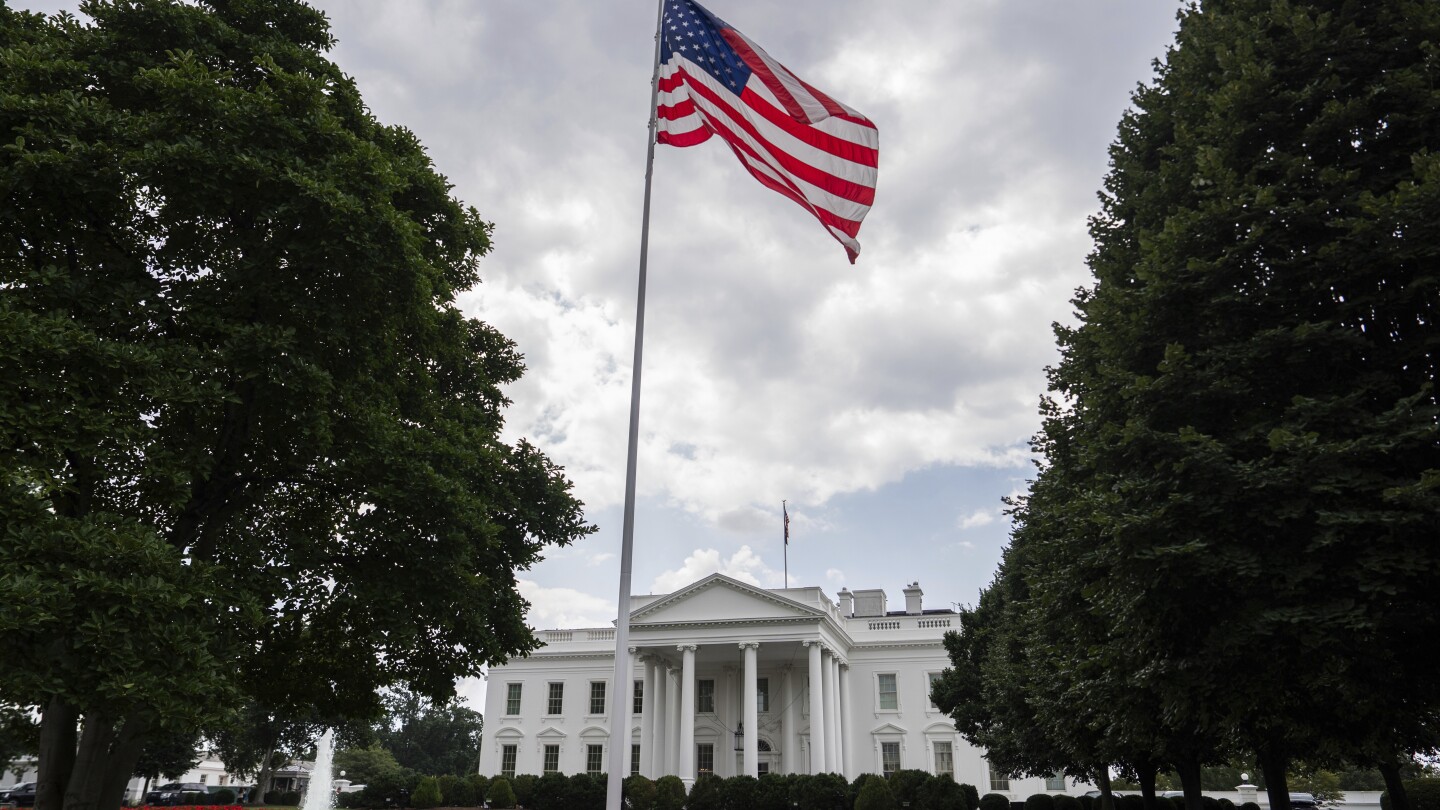The Trump administration has initiated a groundbreaking program designed to revolutionize healthcare by enabling the sharing of personal health data and medical records across various private tech companies and health systems. This ambitious endeavor promises to simplify access to crucial health information for Americans, ushering in a new era of digital health management.
More than sixty prominent companies, encompassing major technology giants such as Google, Amazon, and Apple, alongside healthcare behemoths like UnitedHealth Group and CVS Health, have committed to participating in this expansive system. Their involvement underscores the broad industry support and the potential reach of this patient data initiative.
The primary focus of this initiative will be on managing chronic conditions, specifically diabetes and weight management. It leverages innovative digital tools, including QR codes for check-ins and specialized applications for tracking medications, to enhance patient engagement and streamline healthcare processes.
During a White House event, President Donald Trump emphasized the urgent need for a high-tech upgrade to America’s healthcare networks, describing existing systems as slow, costly, and incompatible. He hailed the new program as a significant stride towards modernizing healthcare and integrating it fully into the digital age.
Despite the promises of convenience, the system, spearheaded by an administration with a history of liberal data sharing, raises substantial concerns regarding medical privacy. There’s a potential conflict between patients’ desire for easier access to their health records and their expectation that highly sensitive medical information remains confidential. This aspect of patient data management is crucial.
Officials from the Centers for Medicare and Medicaid Services (CMS), tasked with maintaining the system, have assured the public that patient participation will be strictly opt-in, with robust measures in place to keep medical records secure. They highlight the benefit of quick access to personal records, eliminating archaic methods like fax machines that previously hindered information retrieval.
Popular services like Noom have already signed on, anticipating the ability to pull medical records post-launch, facilitating AI-driven health analyses. This cross-platform data access means health apps could seamlessly integrate information from competitors, such as Noom accessing Apple Health data, offering a more holistic view of a patient’s well-being. This tech in healthcare approach promises new diagnostic and management tools.
Clinicians, such as Dr. Tomislav Mihaljevic of the Cleveland Clinic, attest to the current difficulties patients face in consolidating records from various providers, often delaying crucial treatment. He notes how seamless access to health app data—like diet and exercise—would significantly aid in managing chronic diseases. However, critics like Jeffrey Chester warn that this “scheme” could deepen the pool of sensitive patient data available to the government and tech companies, raising questions about data monetization and further use.






Leave a Reply